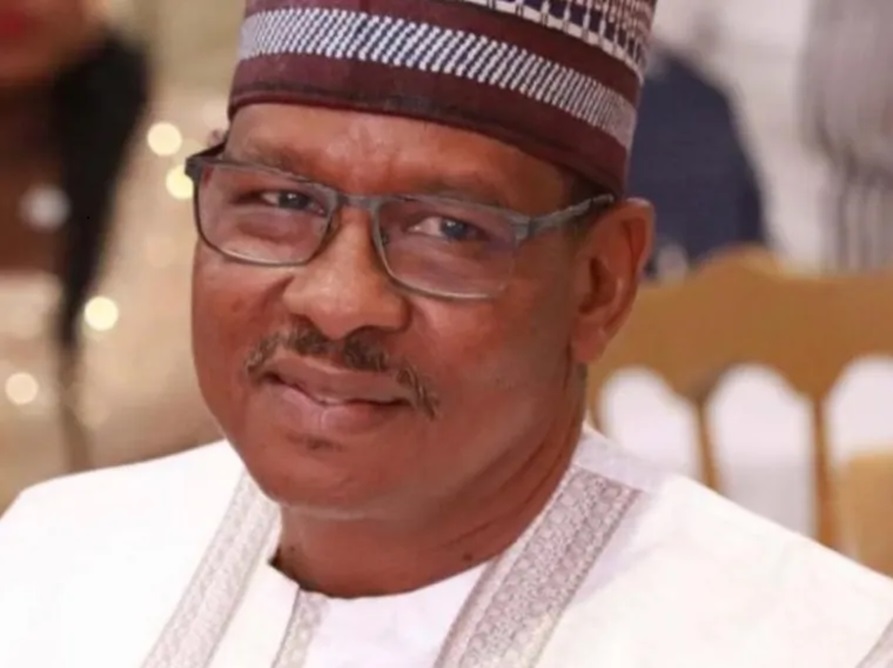When Capt. Ibrahim Traoré seized power in Burkina Faso in 2022, he castigated the deposed junta for failing to defeat a rising tide of terrorism and promised to secure the country within months.
Failing that, Traoré’s regime has found much more success in silencing critics with abductions, torture and forced conscription. The international media has been ejected from the country, while local journalists have been forced to take great caution.
“Today it’s difficult to interview people on the street,” a local journalist told Agence France-Presse. “No one wants to risk being sent to the front for talking about trivial matters. The few people willing to do so praise the government.”
Committees of civilian informants prowl the streets of Ouagadougou, Burkina Faso’s capital, ready to report dissidents, AFP reported. Journalists say it is extremely rare that anyone speaks critically without being granted anonymity.
“You can only talk about sport, culture or trivia,” one resident told AFP. “As soon as you start talking about politics, everyone falls silent.”
“Even within families, brothers have become wary of each other,” another said.
“In the heartlands, it’s the terrorists who sow terror,” a third said. “In the big cities, it’s the government that terrorizes the people.”
Over the past two years there have been numerous forced disappearances of journalists, human rights activists, critics of the junta and military officials — all allegedly abducted for opposing the government.
“The junta has shown it will crush any opposition whether from family, friends, enemies or even the military,” an Ouagadougou-based analyst who requested anonymity told The Africa Report news website. “One then wonders why it can abduct critics but not deliver precise strikes against terror groups.”
Militants linked to al-Qaida and the Islamic State group killed nearly 16,000 Burkinabé from 2023 to 2024, according to conflict data organization ACLED. Terrorist groups reportedly have taken control of as much as two-thirds of the country’s territory, while the junta has broken its promise of a transition back to democracy.
“For Traoré, you can criticize the country but not his government,” a Bobo-Dioulasso-based analyst told The Africa Report. “He justifies detaining opponents by branding them unpatriotic and a threat to national sovereignty. It’s the playbook of his propaganda.”
In April 2023, eight years into the fight against widespread terrorism, the Traoré-led junta declared that the military could conscript citizens age 18 and over. Rights groups and civil societies charged that the forced recruitment was part of a plan to systematically silence domestic opposition. Weeks later, a cybersecurity expert noticed photos and videos of missing Traoré critics were circulating online with some appearing in military uniforms.
“Even men reported missing before the conscription decree appeared in social media photos and videos,” he told The Africa Report. “It was clear the junta had been abducting and conscripting people before the decree was issued.”
Reporters Without Borders, Amnesty International and Human Rights Watch have documented the junta’s abductions of dozens of activists, journalists and opposition figures. The Africa Report verified 21 cases, speaking directly with some victims, as well as with relatives, colleagues and civil society groups still seeking the release of others.
In April, Burkina Faso’s security minister published a list of people “wanted for criminal association in relation to a terrorist enterprise” and urged the public to provide information on their whereabouts. It included exiled journalists and activists alongside terrorist leaders and fighters.
“When you don’t agree with [the junta], you have the choice between exile, prison or the front, and therefore death,” journalist Newton Ahmed Barry told news website Jeune Afrique. “Having refused military rule, I am seen as an enemy of Burkina Faso, someone to be killed. I had to leave to save my life. But I’m far from alone. Today, all critical journalists must go into exile.”

